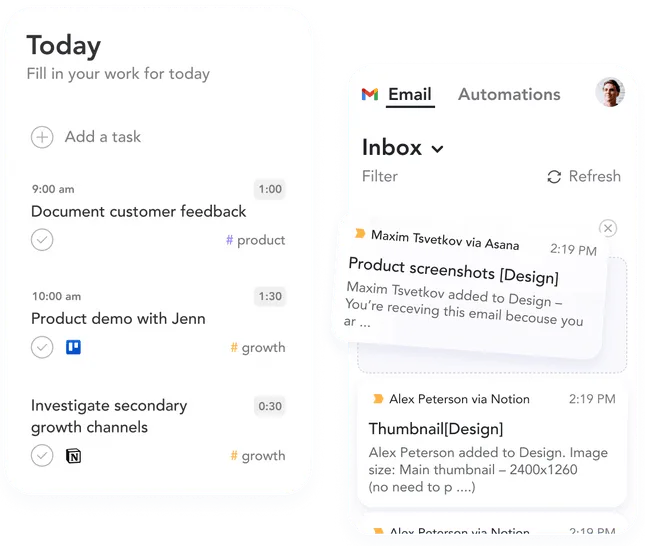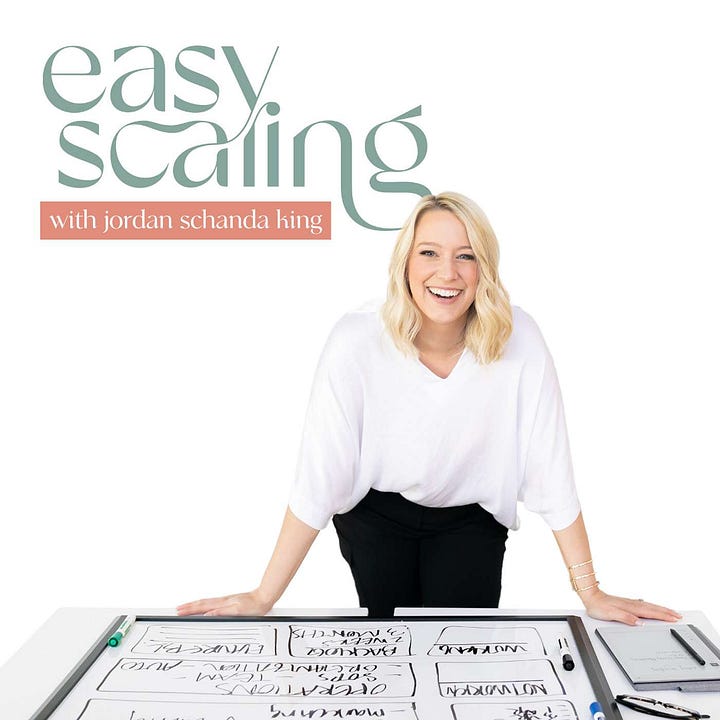Time feels like it’s moving faster than ever before. [What is time, anyway? Here’s a fun little article on how time gets freaky.] For the past 4 months I’ve been slogging through a project that seemed to be robbing me of my time. I was hired by a small agency to lead a large website redesign. Joining the project post-kickoff I discovered:
it was improperly scoped for a very short timeline
the team had never worked together before
some contributors were very green, new to their roles
there were no shared systems in place
the information architecture strategy was more complex than it seemed
The physical hours that I dedicated to the work amounted to exactly as I had planned. But what I couldn’t have expected was the significant drain on my energy and emotions, leaving me feeling as if I had little time left for anything else.
A part of me wanted to chastise myself — how could I have allowed this to happen?! Where did all my best practices and boundaries go? Yet, the reality of freelance life is that this sometimes just happens. As a freelancer, it is highly probable that at some point (or many points) in your business you’ll be required to adapt to that which is beyond your control. I did my best with the unexpected and yes, I was still left a little burned out.
Many of us who pursue solopreneurship seek time autonomy. However, having time abundance is also crucial. Being time-poor makes it challenging to make sound decisions, deliver great client experiences, produce high-quality creative work, tend to business, and, most critically, care for ourselves.
My relationship with time oscillates between 2 states:
Feeling time-abundant: I pay attention to passing time, I have space to observe it and participate in it. I define this as PRESENCE. I am happiest in this state.
Feeling time-poor: time comes and goes without my awareness due to being too busy. I feel like I’ve lost time. It feels like it is moving way too fast. I feel anxious and/or depressed in this state.
Every time that I live through a season of imbalance in my schedule and notice I’ve been existing in this second state, I try to pause and reflect on where change might be possible for the next go-round.
I’m inspired by CEO Jordan Schanda King’s time management practices that she recently shared on her podcast, Easy Scaling:
no client calls taken on Fridays OR Mondays
no calls before 10am
max of 3 calls per day
no calls longer than 1-hour
cluster calls by type as to limit context switching
Wow! A very aspirational structure! You can listen to her episode, Creating calendar freedom in your business to hear more.
My schedule experiments
In response to feeling time-poor and with hopes of moving back to feeling time-abundant, here are some of my upcoming ‘schedule experiments’:
🟡 TO CONTINUE:
I have not been allowing people to self-book on my calendar but rather sending a selection of my available times (via Notion Calendar). I want to continue this as it helps me cluster calls and limit interruptions during focus periods and doesn’t seem to be too frustrating for the person I’m trying to book with.
🛑 TO STOP:
I tried a few months experimenting with a 4-day work week. This didn’t feel like a fit for me as my Mon-Thu ended up feeling more crunched and less spacious. Instead I want to reframe to start ‘Flexible Fridays’.
Overwriting my down-time breaks. When I need to flex my blocks for critical calls or unplanned for tasks, I tend to skip my break blocks instead of shift them. I really want to start holding this space as sacred even if it moves to later in the day.
🟢 TO START:
Mondays & Wednesdays for clustered client calls
Tuesdays & Thursdays for deep work (limiting calls to afternoons and only by necessity)
Flexible Fridays, reserved for focus blocks, internal business tasks, volunteering, networking, or personal time as needed
Less whack-a-mole email; time-blocking for tackling my inbox. I’m really addicted checking email frequently, however this distracts me and sends me off into all different directions. Sunsama has some tips about scheduling email time here. (Speaking of Sunsama, it’s my favorite planner and helps me play with time while also reviewing how it’s been spent. Here’s a link if you’d like to give it a try with a free 1-month trial.)
Time management is a practice and we will all need unique systems best-fit for our own lives, schedules, and brains. I’d love to hear about what works for you and how you find your best days.
Little Library:
Who doesn’t love a little library? Here are some of the writings I’ve read recently that inspired this issue:


Listening Lounge:
Here are some of the podcasts I’ve listened to that inspired this issue:






